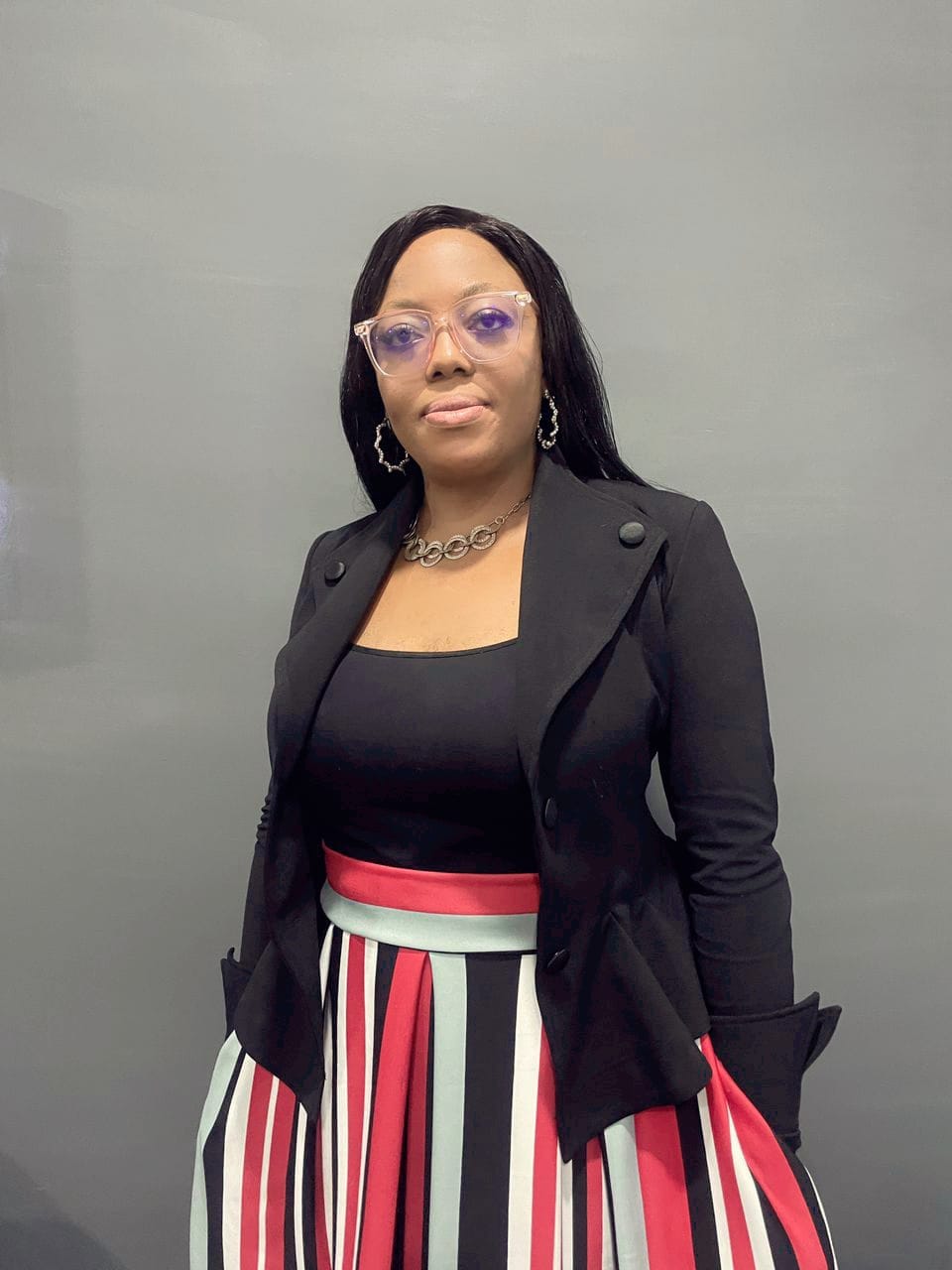We are all not aliens to climate conferences which serve as crucial gatherings where representatives from various countries come together to discuss and negotiate global climate agreements. These conferences hold immense significance as they provide a platform for countries to address pressing environmental issues, set emissions targets, and share innovative solutions.
Delegations play a vital role in representing their respective country’s interests by advocating for policies that align with their national priorities, seeking to strike a balance between environmental protection and economic growth.
Through collaboration and diplomacy, delegations work towards fostering international cooperation and driving collective action to address the urgent challenges posed by climate change. Ghana managed to register 618 delegates for the 28th Conference of Parties to the United Nations Framework Convention on Climate Change (COP 28) in Dubai in November 2023, showcasing a significant increase in its delegation size from the previous year.
This figure is according to Daily Graphic’s publication which has the entire report of even names of delegates. Yet, even as these leaders flock to these conferences to discuss global climate change, back home, our water bodies are under siege. Illegal mining activities continue to ravage our rivers, with a shocking number of these same leaders profiting off concessions that destroy the very environment they claim to protect.
Advocacy targets a single goal, and if 618 people all focused on this same goal, imagine the significant impact they could have achieved. Recent global reports paint a sobering picture – by 2050, a staggering 52% of the global population could be facing some form of water shortage. The situation is dire, and yet, here we are, investing resources to partake in conferences while turning a blind eye to the insidious impact of our actions on the environment.
According to data from the Massachusetts Institute of Technology (MIT), the water shortage crisis is not a distant problem; it is a looming catastrophe that demands urgent attention. The pieces of the puzzle are clear – our delegates attend conferences to discuss climate change and global challenges, only to return home and some of them perpetuate the very issues they claim to combat.
I don’t want to go into writing about the detrimental effects of illegal mining on water bodies and the entire environment since we are living witnesses. Again, the least said about Ghana’s response to illegal mining and lack of concrete actions taken by governments, the better. We can’t finish analyzing all. But I beg to ask, what exactly is Ghana’s interest in such conferences? What are our priorities? and what policies do they advocate for that aligns with our national priorities?
These are questions that delegates to such conferences can respond to so that we can juxtapose it with the reality on the ground. This is by no means underestimating the efforts some people put in addressing these challenges but there are more questions than answers. Every year we raise the topic of environmental pollution and lament heavily about it and then we increase the number of our delegations to climate conferences. Is it a lack of innovative solutions or a commitment to combating the challenges?
But why would any sane individual be intentionally digging his or her own grave at the same time running to buildings to discuss it with other people and also be praying against death? Or are we just interested in the talks without walks? It’s time for a reckoning. The call to action goes out to government, civil society
organizations, churches, mosques, traditional setups, celebrities, youth, women and every Ghanaian.
I’m not a Climate Action Expert but I don’t think we understand The Global Climate System and how our individual activities are contributing to the global challenge. We must understand how the 5 systems, The Atmosphere, Lithosphere, Hydroshere, Cryosphere and The Biosphere are interacting together to cause changes. I think the key to addressing this issue lies in comprehensive education and passionate awareness creation.
Delegates to COPs and other stakeholders should prioritise educating the public on how individual activities contribute to global climate change and how these changes impact the environment. This could be done through public awareness campaigns, school curriculums, and community outreach programs. Once individuals are empowered with knowledge, they’ll be encouraged to take action in their daily lives to mitigate the effects of climate change.
Again, the education must include sustainable mining practices that’ll leave our water bodies free. Only through collective efforts and action can we truly make a significant impact on the crisis at hand. We cannot afford to continue down this path of self-made problems and empty promises. It is time to hold our leaders accountable, to demand real change, and to work together to safeguard our environment for generations to come.
The time for action is now!. COP29 will be held in Baku, Azerbaijan from 11 to 22 November, 2024. COP29 aims to limit global warming to 1.5°C, emphasising the urgent need for investment in climate action. How many delegates are we sending this year? What will be our major interest in this year’s conference? How are we striking the balance between environmental protection and economic growth?
The ball is in our courts. I want to end here by urging the next delegation to:
- Advocate for stricter regulations on illegal mining activities, especially those that
directly impact water bodies and other activities that poses a threat to human
existence. - Push for increased enforcement of existing laws to prevent further damage to
Ghana’s water resources. - Lobby for more resources and funding to support the restoration and clean-up of
affected water bodies. - Seek cooperation and support from other countries at COP29 to address the
issue of illegal mining. - Work towards developing sustainable alternatives to mining.
- Call perpetrators to order through arrest and prosecution.

